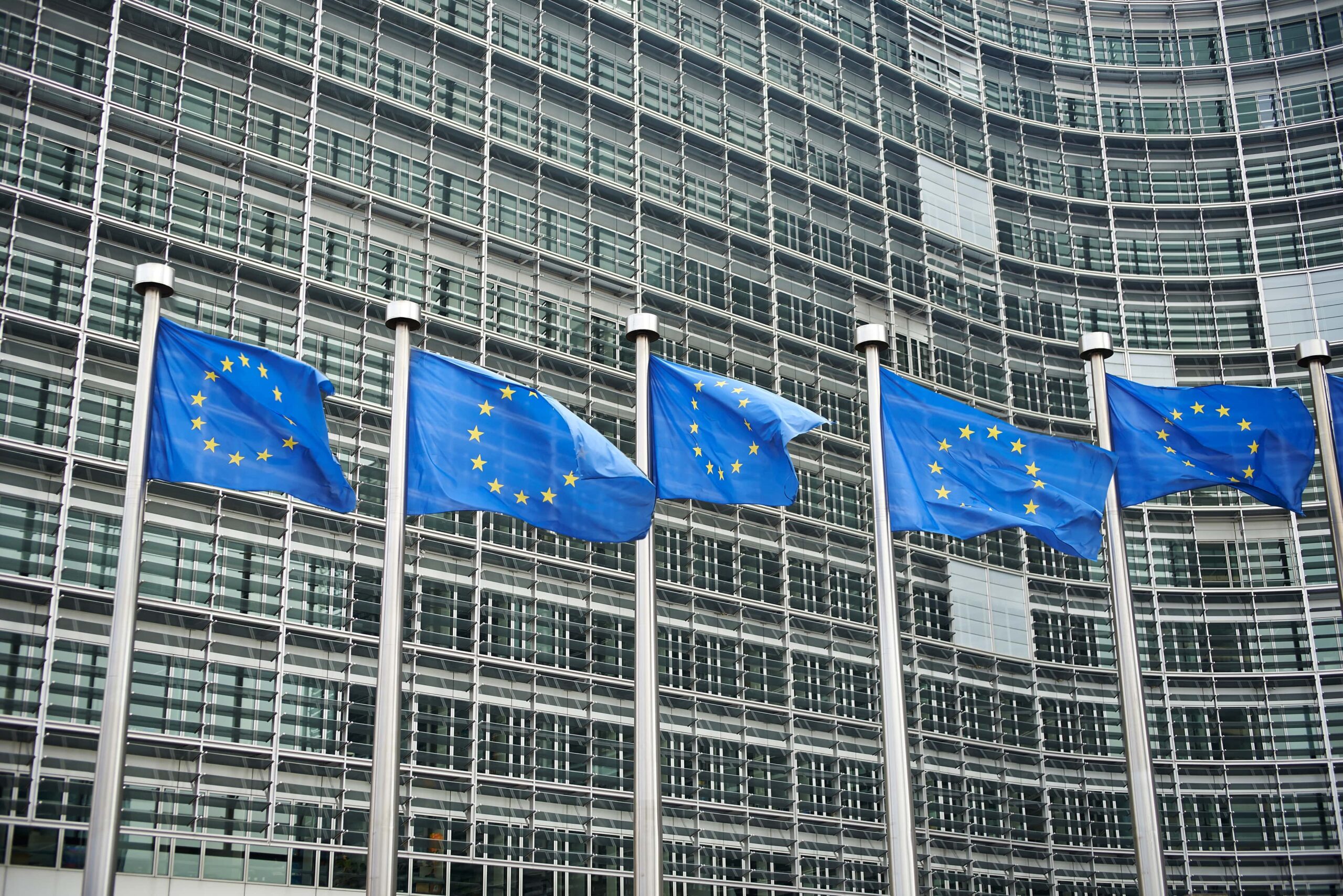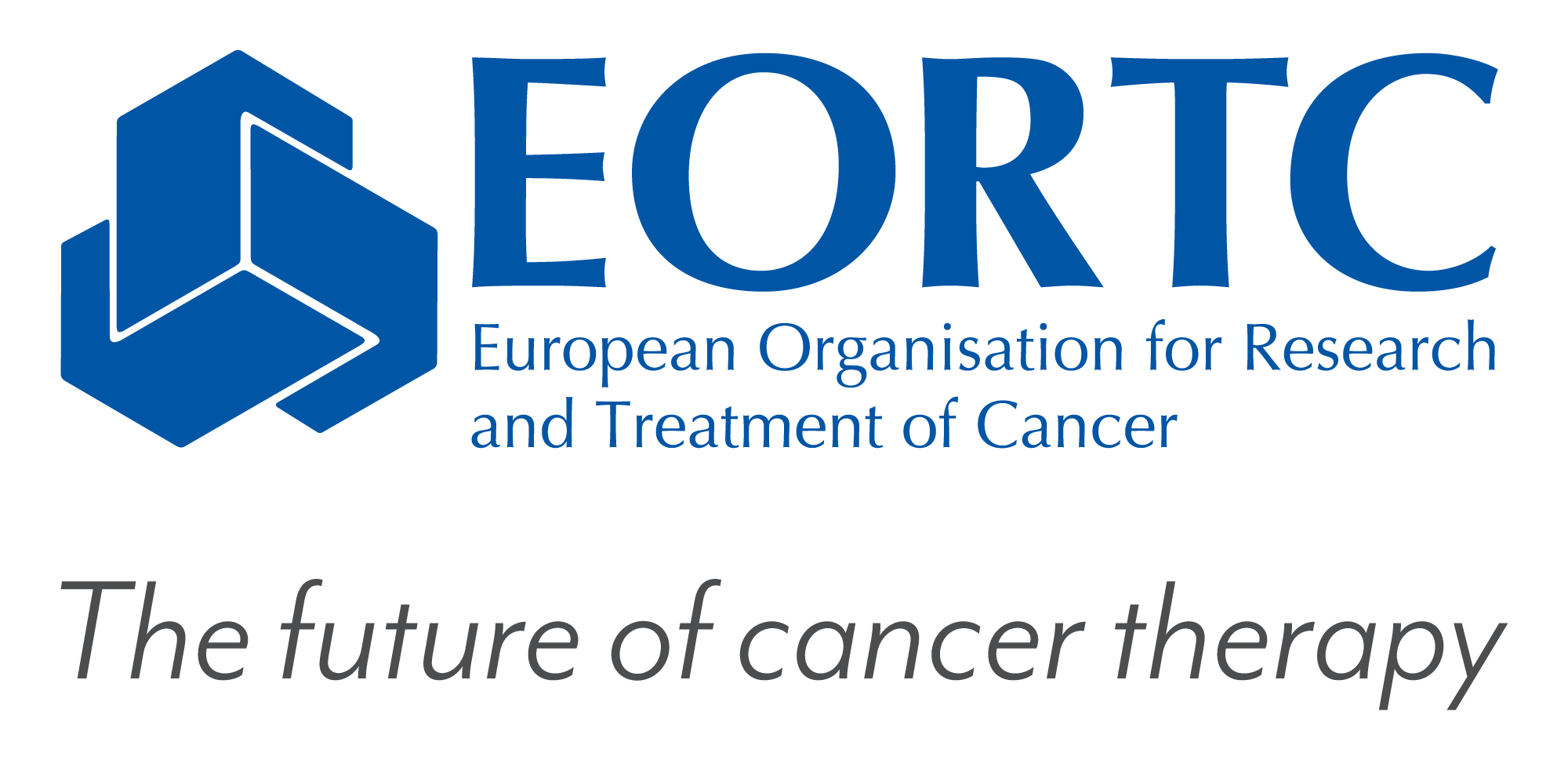Project summary
Prostate Cancer is the most common cancer in European men. Despite the dramatic improvements in early diagnostic and local treatment, one out of five prostate cancer patients will die from their disease. Therefore, it remains critical to improve the present strategy for advanced and metastatic prostate cancer.
In the DE-ESCALATE project, we will evaluate whether intermittent intensified androgen deprivation treatment (iADT) in metastatic prostate cancer is not inferior to continuous treatment in terms of oncological benefit while minimizing side effects and resource utilization and improving patient quality of life. The proposed clinical trial is designed to detect early if iADT has a negative impact on overall survival compared to continuous therapy.
If successful, the outcomes of the project will define a new evidence-based standard of care for metastatic hormone sensitive prostate cancer. The proposed research could lead to improved patient survival and quality of life but also improve health system sustainability.
We are a multidisciplinary and multistakeholder consortium involving clinical oncologists, surgeons, health economists and patient representatives. The study design was successfully discussed with patients. This action is part of the Cancer Mission cluster of projects on ‘Diagnosis and treatment’.
Latest developments of DE-ESCALATE
Be part of DE-ESCALATE
Scientific publications and presentations
Our partners across Europe
Project Progress
-
Protocol release
Preparation & Compiling of the regulatory submission package of the study Submission of the regulatory dossier
-
Receipt of regulatory and ethics approval
First site active First patient in
-
Completion of recruitment
Completion of recruitment of the study population
-
Analysing results
First results available

EU Cancer mission
EU missions are a new way to bring concrete solutions to some of our greatest challenges. They have ambitious goals and will deliver tangible results by 2030. They will deliver impact by putting research and innovation into a new role, combined with new forms of governance and collaboration, as well as by engaging citizens. EU Missions are a novelty of the Horizon Europe research and innovation programme for the years 2021-2027.
EU Cancer Mission: improving the lives of more than 3 million people by 2030 through prevention, cure and for those affected by cancer including their families, to live longer and better. Cancer affects everyone regardless of age, gender or social status and represents a tremendous burden for patientls, families, and societies at large. According to the European Cancer Information System, each year 2,7 million people are diagnosed with cancer and 1,3 million lost their lives due to this disease in Europe. If no further action is taken, the number of people newly diagnosed will increase to more than 3,24 million by 2040. The Cancer Mission has defined clear and ambitious objectives to reverse these frightening trends. By joining efforts across Europe with citizens, stakeholders and Member States the Mission on Cancer together with the Europe’s Beating Cancer Plan will provide a better understanding of cancer, allow for earlier diagnosis and optimisation of treatment and improve cancer patients’ quality of life during and beyond their cancer treatment.
The 4 Mission objectives
-
Understanding of cancer
-
Prevention and early detection
-
Diagnosis and treatment
-
Quality of life for patients and & their families






